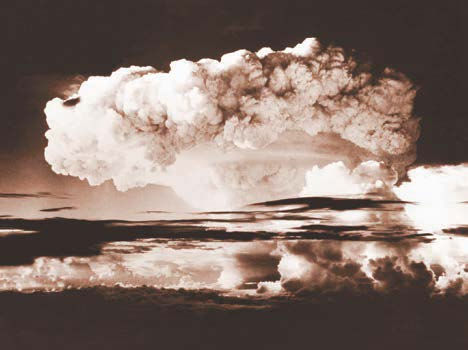Francisco Pizzaro Is Assassinated: June 26, 1541
- Catholic Textbook Project

- Jun 26, 2023
- 2 min read
This text comes from our book, All Ye Lands.
Cortés’s conquest of the mighty Aztec kingdom inspired another Spanish conquistador to find an empire of his own to conquer. His name was Francisco Pizarro; and, in 1532, he with his brothers set off on an expedition to Peru—an empire that rivaled the glory of the Aztecs.

Climbing high into the Andes, the Pizarro brothers and their men learned that the Inca, Atahualpa, was fighting a civil war against his brother. Arriving in the Peruvian city of Cajamarca, it seemed to the explorers that the buildings were roofed with gold. The walls and roof of the Temple of the Sun, the largest building in Cajamarca, and the walls of the Inca’s palace were hung with plates of gold to reflect the life-giving rays of the sun god. Hungry for treasure, Francisco Pizarro planned to seize this gold for himself.
Pizarro and his men carried out their plan in the most treacherous way. They invited the Inca into their camp. When Atahualpa entered with his bodyguard, the Spaniards slaughtered the Indians and took him captive. Pizarro said he would release Atahualpa only if he agreed to fill a room with gold. The Inca and his nobles agreed and filled the throne room of the palace with the shining metal. But when, at last, the Inca fulfilled his promise and had filled the entire room with gold, the Spaniards killed him.
After the murder of Atahualpa, Pizarro had an Inca named Manco Capac crowned king of Peru and in 1535 founded the city of Lima in Peru. Manco Capac, however, wanted to drive the Spaniards from Peru. With his Indian armies, he laid siege to the Spaniards in the cities of Cuzco and Lima. But in April 1537, the Spaniards defeated the Indians and put them to flight.
Francisco Pizarro, however, did not long enjoy his new riches and power. On June 26, 1541, he was assassinated in Lima by fellow conquistadors. The whole of rich Peru, however, remained part of the Spanish empire.
Music from the Time of Pizzaro
By 1541, the year Pizzaro was assassinated, the Spaniard, Cristóbal Morales, had achieved a better fame than that of the cruel conquistador—as perhaps the greatest composer living in Europe at the time. Morales, a prolific composer of Catholic church music, composed several settings of the Lamentations of the Prophet Jeremiah. Here is an excerpt from one of those settings, performed by the group, Utopia.


